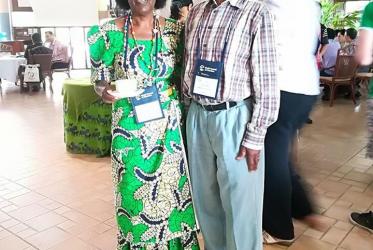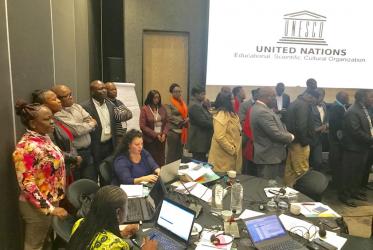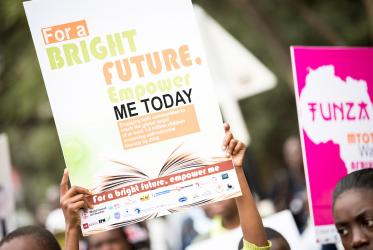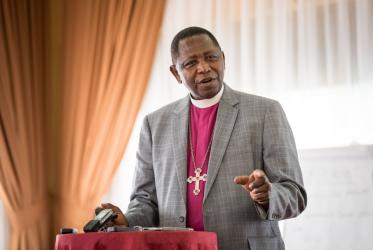Displaying 1 - 20 of 38
Knowledge of gender roles deepens in Togo
03 June 2019
Faith and HIV treatment go hand in hand
06 March 2019
Turning mercy and compassion into action
04 March 2019
WCC hones training on attitudes toward HIV treatment
06 December 2018
Paving the way for ecumenical studies, learning English in Bossey
24 September 2018
#WCC70: Une prière pour la santé et la guérison
20 July 2018
Conversation on HIV “must continue,” Faith Networking Zone shows
07 December 2017
“Facing the storm of HIV, we can move together, be agents of change”
06 September 2017
École GEM: comment concilier théologie et économie
05 September 2017













